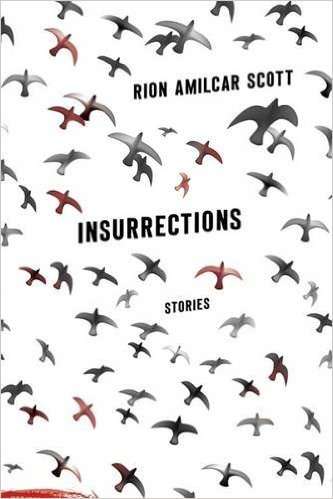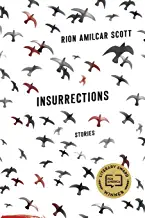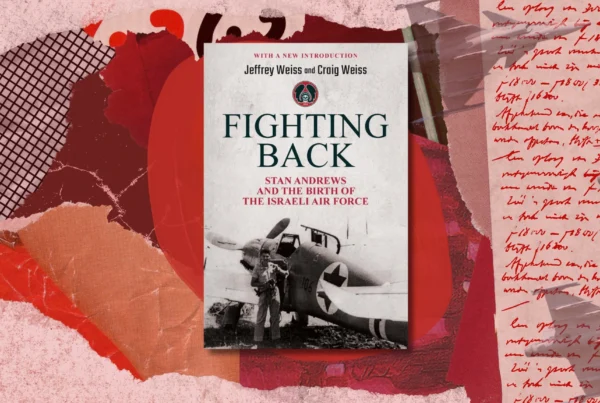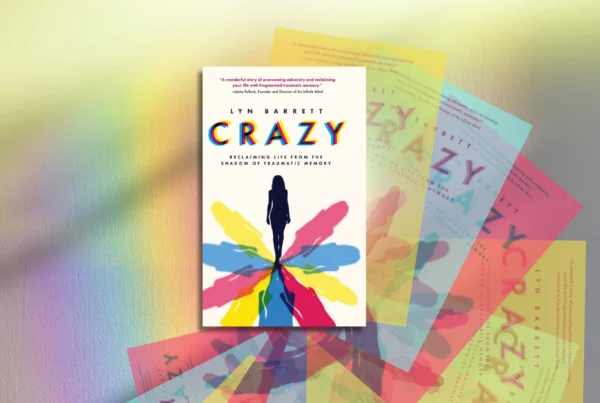Insurrections by Rion Amilcar Scott
Last night I was walking down Prospect St. in Stamford, Connecticut and I found myself trailing behind a black man wearing a black hoodie. My pace was significantly quicker than his. As I was about to turn to the front door of my apartment building, I was almost on the guy’s heels. I saw his shoulders tense up and he slowly turned around to look at me. I gave him a blinking nod. There was relief and frustration written all over his face. His eyes said, “Really? You got me all worked up like that for nothing.” He turned around as I pulled out my keys. I didn’t think much of this encounter until I realized that I was white and didn’t have to think about my own safety.
There is a whole other American perspective for people of color. Staying out late or even walk through suburban areas at night could be dangerous and even fatal. I can’t begin to understand their day-to-day life because I have never experienced a system built to oppress people like me. But the first step in solving a problem is to see the reality and acknowledge that there is something wrong with it. Rion Amilcar Scott’s short story collection Insurrections takes us through an experience alien to many, set in the fictional town of Cross River, Maryland, where a successful slave rebellion took place. I was struck by how relevant each story was to the nation’s current racial divide, so I wanted to find out if that was inte ntional.
ntional.
Question: Given this country’s current political and racial climate, it’s impossible to ignore Insurrections’ subject matter and your unapologetic, current writing style. While writing these stories, what were you hoping would be this book’s greatest achievement?
Rion Amilcar Scott: I didn’t write Insurrections as a socio-political treatise or even as a response to any particular incident or issue of social or racial injustice. Most of these stories were written before the Black Lives Matter movement kicked off in Ferguson, MO in 2014, or even before Trayvon Martin was murdered in 2012 (at least in draft form). I am person, however. A black person. I keep my eyes and my heart open (and occasionally I shut them for my own mental health) and I can’t deny the influence of the real world on the world of my fictional homeland, Cross River, MD and on Insurrections. Any echoes to modern day social movements is a testament to the fact that the world was fucked before I began to write and continued to be fucked all around me as I wrote. The stand that many brave women and men are taking now is because so many are tired of the ways in which our society continues to be fucked for black people. I hope those women and men (and others) can take something useful from Insurrections.
With all that said, I also can’t deny that there is intentionality in Insurrections. I forget often the influence the killing of Prince Jones (a Howard University student murdered by a Prince Georges County, Maryland police officer while I was a Howard University student) and the police killing of Sean Bell (both men were unarmed and minding their own business when killed) had on a story like, “Razor Bumps” on a story like, “Party Animal.” Those echoes were intentional. Perhaps I was looking for a catharsis of some sort.
I wrote “Everyone Lives in a Flood Zone” some months after the floodwaters of Katrina receded–a time when it once again became painfully clear what a deadly combination it can be to be black and poor in America. The floodwaters of Katrina meet the disastrous drug war in that story and I didn’t sit down intentionally with those things on my mind as I drafted “Flood Zone” (embarrassingly I only realized their influence much later) but they are there. I wrote that story, in part, to reflect on a beautiful life made ugly and lost through drugs. The personal though, often proves itself to be political, as the popular saying goes.
The greatest accomplishment I wish for Insurrections is that it connects with one reader at time and that each reader finds balm for a wound or food for an intellectual insight or something–some shift, however small or fleeting.
Buy this Book!
Amazon




